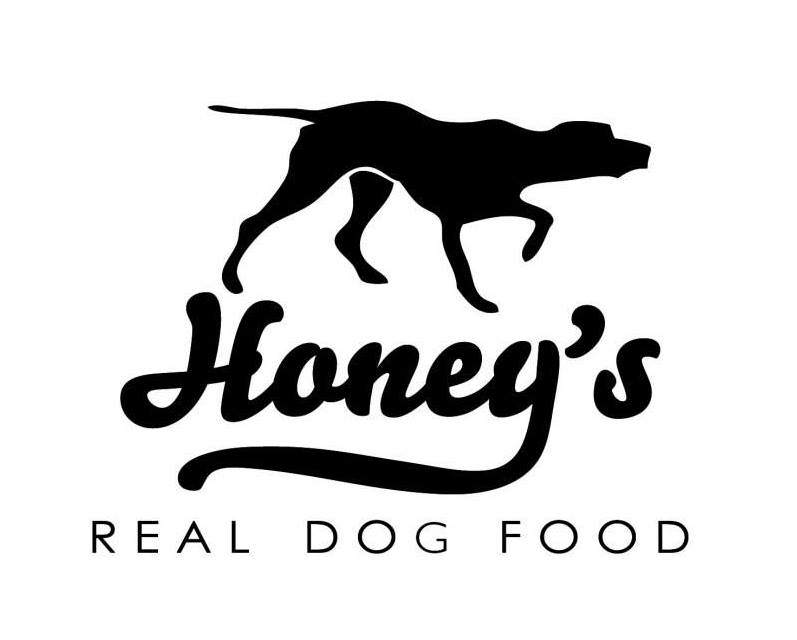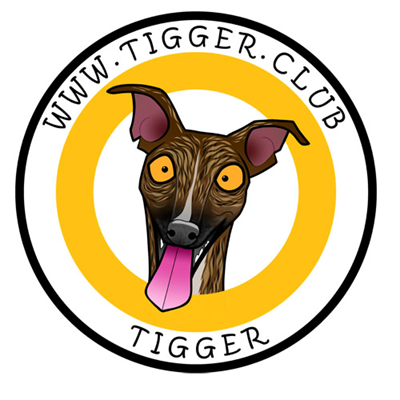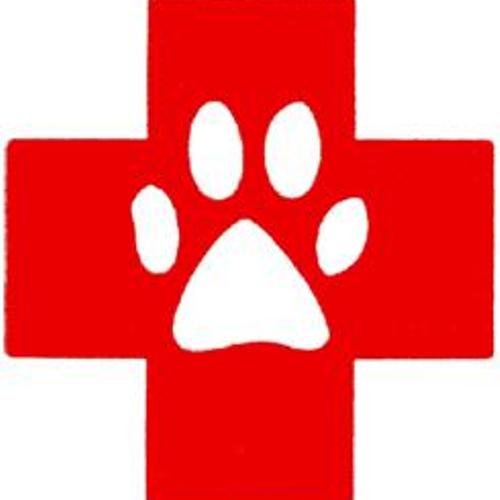Pancreatitis
By: Dr Lise Hansen
A quick overview
The pancreas is situated in the front part of the abdomen close to the stomach. It is a complex organ with multiple functions. The endocrine function of the pancreas (the part that releases hormones into the bloodstream) controls the blood sugar by producing the hormones insulin and glucagon which are released into the blood. The exocrine function of the pancreas produces digestive enzymes that are released into the first part of the small intestine through a small duct.
What is pancreatitis?
Pancreatitis means inflammation (not infection) of the pancreas. When the pancreas becomes inflamed the digestive enzymes are activated before they are passed into the small intestine, the pancreas is, so to speak, ‘digesting itself’. Pancreatitis is a fairly common condition in dogs, where it can take many forms ranging from mild irritation and discomfort to life-threatening and extremely painful acute disease. Pancreatitis always requires veterinary treatment.
After a severe bout of acute pancreatitis, the pancreas may have been damaged to the extent that it no longer produces adequate digestive enzymes. This is a condition referred to as exocrine pancreas insufficiency (EPI). This condition is more often seen in German Shepherds where it is a common cause of malabsorption in young animals with no prior history of pancreatitis.
Causes of pancreatitis
Many small animal vets will tell you that pancreatitis is seen much more frequently around Christmas and Easter, when we all tend to eat fattier foods and may (intentionally or not) share these with our dogs. Another common reason is where a dog who has recently been moved onto a high-fat diet, maybe because he or she has been diagnosed with kidney disease or for other reasons, has been losing weight.
Whatever the circumstances, ingesting an unusually fatty meal or a change to a diet rich in fat is the one single main risk factor for developing acute pancreatitis.
Other, but less common, risk factors include severe trauma, abdominal surgery, medications or infections.
Chronic or recurring pancreatitis generally develops after a severe initial bout of acute pancreatitis.
In rare cases, where significant parts of the pancreas are destroyed during a particularly severe acute attack, the dog may go on to develop diabetes or exocrine pancreas insufficiency (EPI) due to lack of pancreatic function.
Thankfully, most dogs suffering their first acute episode will recover completely.
Symptoms
Pancreatitis ranges from mild forms to severe and even fatal disease. A dog with acute pancreatitis may vomit and (less commonly) have diarrhoea. The main symptom tends to be abdominal pain. The dog will typically be subdued and refuse to eat. The textbook description of a dog in pain from pancreatitis is the so-called ‘prayer position’, where the dog tries to keep his or her hind legs straight while lowering the front part of the body and stretching out the front legs. Not all dogs with pancreatitis will assume this position though it is very characteristic for this condition. This is not to be confused with the healthy dog having a morning-yoga stretch who may briefly strike the same pose.
Acute pancreatitis requires an immediate veterinary visit. Your veterinarian will palpate the abdomen and often be able to confirm the site of the pain. An ultrasound scan may be suggested. In most cases, a firm diagnosis can be reached through a blood test to measure the level of pancreas specific lipase in the blood. This is a digestive enzyme that leaks into the circulation when the pancreas is damaged and inflamed.
Treatment
The treatment is purely supportive. Severe cases may need to be hospitalised to receive intravenous fluid therapy. Pain killing medication is practically always indicated. Once hydration, shock, vomiting and pain have been addressed, a strictly controlled diet is the mainstay of managing pancreatitis. In the first instance this focuses on letting the pancreas rest by starving the dog for 24 hours and then adhering strictly to a low-fat, highly digestible diet during the period of recovery. Once the inflammation has settled most dogs will be able to gradually return to a normal diet.
Most dogs recover completely after a bout of pancreatitis. However, in some cases, the acute episode will have damaged the pancreas leading to recurring episodes (chronic pancreatitis) and, as mentioned above, more serious consequences are seen in very rare cases.
Homeopathic treatment often has a profound effect on a dog with pancreatitis. If your dog suffers from recurring pancreatitis, you could seek the help of an experienced veterinary homeopath.
Acupuncture can also help reduce the tendency to chronic inflammation
The role of diet
Diet has a very important role to play in the treatment of pancreatitis. A low-fat, highly digestible diet will not only help reduce the effects of the disease, but will also aid and support optimum health.
It is to be recommended in all but very complicated cases (such as where the dog may have had recent bowel surgery).
At Honey’s, we normally suggest that following a flare of pancreatitis, and in conjunction with your vet’s advice, dogs can be fed a bland, homecooked diet of white fish, chicken or turkey breast, along with some gently steamed vegetables, such as butternut squash, cabbage, kale, broccoli or courgette, which will provide some fibre. This should be fed for no more than a week or two following recovery.
When switching back, it is important to keep fat levels very low to begin with.
It is important to avoid giving high fat treats, such as fat laden gravy from human food, and fat rich marrow bones.
If you live in the UK, Honey’s Health Team will be delighted to devise a special dietary plan for your dog.
This health article was written by Honey's Real Dog Food
Honey’s Real Dog Food are one of the longest-established raw dog food producers in the world.
Contact:
Tel: 01672 620 260
Email:
Website: www.honeysrealdogfood.com


